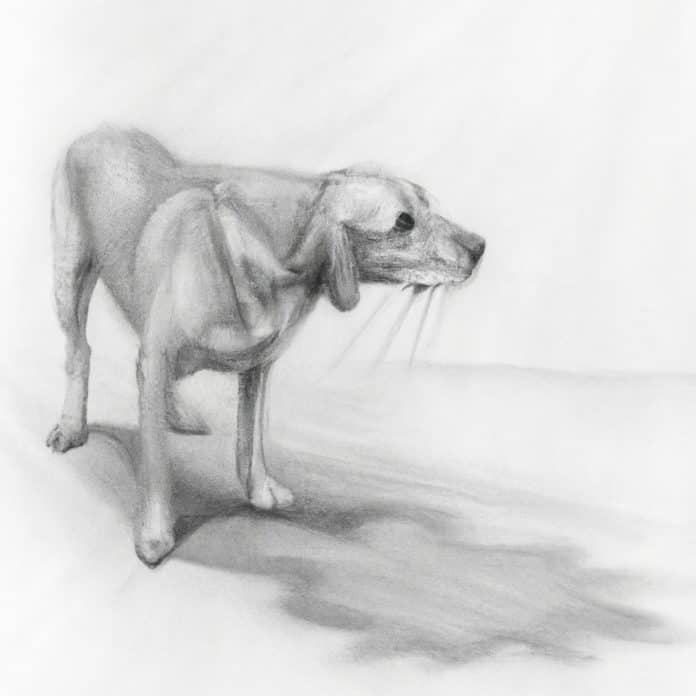Dear VetBabble: Should I bring my dog to the vet for watery stools?
Thank you for reaching out to VetBabble with your concern about your dog’s loose stools. It’s always important to pay attention to our pets’ health, and we’re glad you’re taking note of any irregularities in your dog’s bowel movements. It’s quite normal for pet owners to wonder if a visit to the vet is necessary when their dogs experience changes in stool consistency, and we’d like to provide you with some helpful information so you can make an informed decision. In this article, we’ll break down the possible reasons for the watery stools, when to visit the vet, and what home remedies you might consider trying.
Possible Causes for Watery Stools in Dogs
For a better understanding of what might cause loose stools in your dog, we recommend taking a look at our article discussing Why Does My Dog Have Diarrhea?. There could be various reasons for your dog experiencing watery or inconsistent stools, including a change in diet, stress, infections, or medical conditions. Identifying the cause is key to finding an appropriate solution.
When to Worry and Visit the Vet
It’s essential to know when diarrhea in your dog warrants a visit to the vet. Our article on Diarrhea in Dogs: When to Worry provides more in-depth information. However, some general signs that would necessitate a vet visit include:
- The diarrhea continues on a bland diet
- Your dog starts vomiting food or water
- Your dog stops drinking water or becomes lethargic
- Blood is present in the stool
- Your dog has a fever or exhibits signs of pain
A fecal test could also be valuable in detecting parasites or infections, such as Coccidia in Dogs and Puppies, which may require specific treatments.
Home Remedies to Try
Before rushing to the vet, you can first try some home remedies. A simple but effective approach often recommended by veterinarians is to withhold food for 12-24 hours, giving your dog’s digestive system a chance to reset. After this period, gradually reintroduce food with a bland diet consisting of boiled white meat chicken (no bones or skin) and white rice. Feed your dog small amounts several times a day for a few days, then slowly incorporate their regular food back into the diet.
Keeping your dog well-hydrated during this time is also essential, as diarrhea can lead to dehydration. Offer fresh water consistently and monitor your dog’s water intake to ensure they remain properly hydrated.
If your dog’s condition does not improve or worsens during this time, it’s best to consult your veterinarian for further evaluation and treatment. Pay close attention to any additional symptoms, as they can be helpful indicators for your vet. And, as always, when it comes to your dog’s well-being, it’s better to err on the side of caution and seek professional advice if you’re concerned.
We wish you and your furry friend the best of luck and a speedy resolution to this problem!









